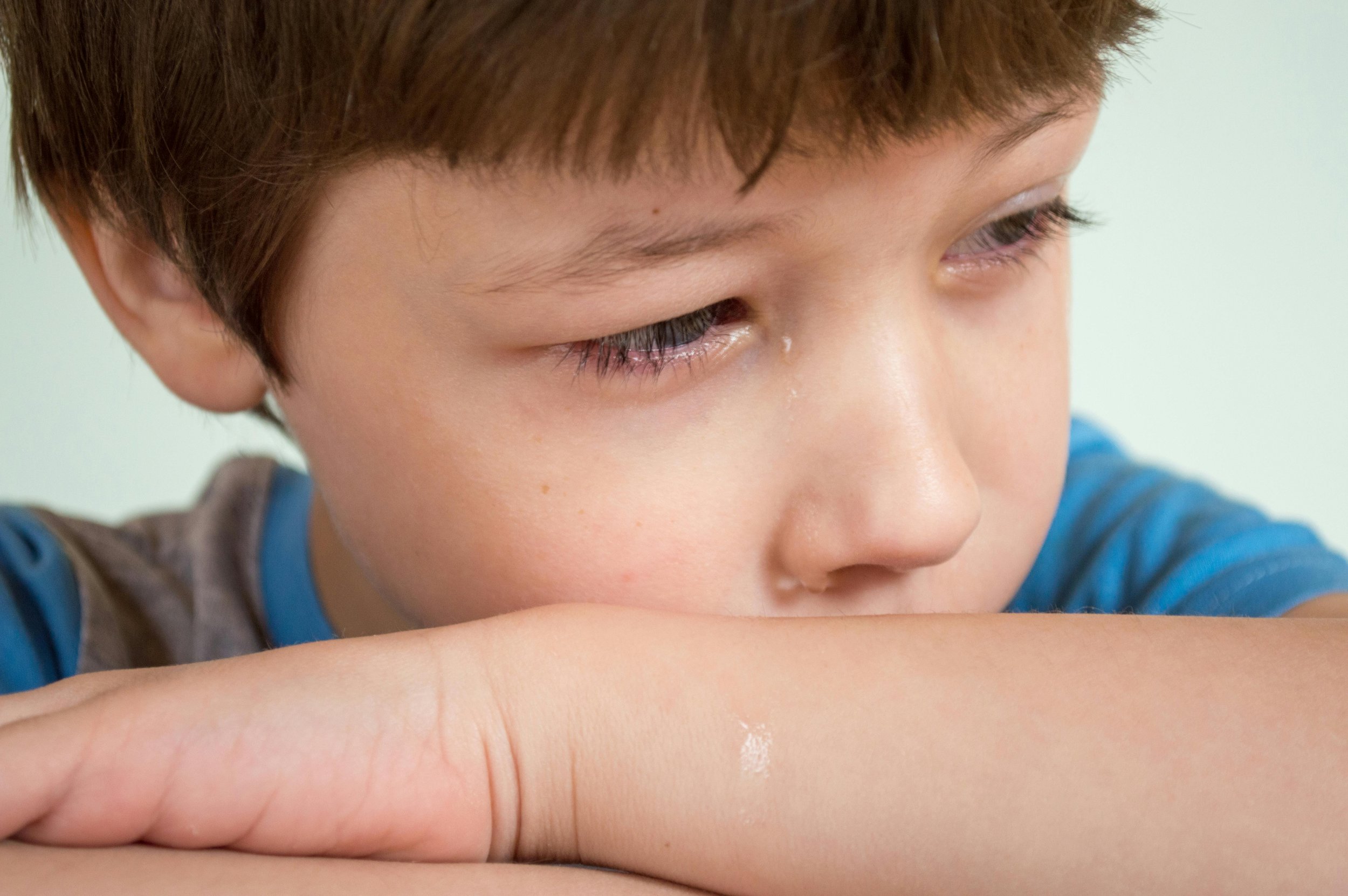When Small Moments Feel Like Big Rejections: Understanding Rejection Sensitive Dysphoria in Children
Learn what Rejection Sensitive Dysphoria (RSD) looks like in children, why sensitive kids experience rejection so intensely, and how parents can support emotional regulation and resilience.
Navigating the Holiday Season with Kids: A Parent's Guide to Connection and Calm
The holiday season arrives with excitement, anticipation—and often, a lot of pressure. There are celebrations to plan, people to see, traditions to uphold, and through it all, the quiet hope that somehow, this season will feel meaningful for your children. But here's the question: "How do I help my child manage the stress without losing what makes the holidays special?" Here's what most parents don't realize: your kids won't remember if everything went perfectly—they'll remember how it felt to be included, to contribute, and to be surrounded by people who love them. Discover how to support your child through holiday stress while creating connection that actually matters.
Teaching Kids to Handle Big Emotions During Celebrations: Practical Techniques That Actually Work
Your child melts down halfway through their own birthday party. Your eight-year-old refuses to participate in the family gathering they were excited about yesterday. Welcome to the paradox of celebrations with growing humans while these events are meant to be joyful, they often trigger big emotional responses. Between excitement, overstimulation, disrupted routines, and high expectations, celebrations can overwhelm children's still-developing emotional regulation systems. You find yourself wondering: "How do I help my child enjoy special occasions without falling apart?" Managing kids emotions during celebrations isn't about creating perfectly behaved children who smile through every event it's about teaching them to experience the intensity without being completely overwhelmed. Discover practical techniques that actually work.
New Year, Fresh Start: Supporting Your Child Through Transitions
New Year arrives with "fresh start" energy—some families dive into resolutions, others ease back into routine. But for kids with anxiety, you've probably noticed that transitions can be rough. A shift in expectations, a new schedule, or the pressure to set goals can turn "fresh start" into full-blown stress. You find yourself wondering: "How do I help my child handle New Year transitions without adding more pressure?" Here's what most parents don't realize: anxious children often need consistency more than they need change. Progress doesn't have to be loud to be real. Discover gentle strategies to support your child through New Year transitions without piling on expectations.
Creating Meaningful Thanksgiving Moments: A Parent's Guide to Gratitude and Connection
Thanksgiving tends to sneak up fast, and with it comes the pressure to make everything feel special—perfect table, Pinterest-worthy centerpieces, a meal that takes half the day to prepare. But your kids won't remember any of that. You find yourself wondering: "How do I make this holiday actually meaningful instead of just stressful?" Here's what most parents don't realize: children don't learn gratitude through forced thank-you rounds at the dinner table, they learn it by feeling connected, by helping create the celebration, and by experiencing genuine appreciation in everyday moments. Discover how to create Thanksgiving traditions that build real family connection and teach gratitude in ways that actually stick.
The Importance of Outdoor Play: Connecting Kids with Nature for Better Development
Your child spends most of their day moving between indoor spaces: home to car to school to activities to home again. Meanwhile, their energy builds, focus drifts, and bedtime becomes harder than it used to be. You find yourself wondering: "Why does everything feel so much harder than it should?" Here's what most parents don't realize: children's brains and bodies are designed to interact with the natural world, and even 20 minutes of outdoor play can transform mood, behavior, and development. Discover why outdoor time matters more than ever and how to make nature connection possible, even in the busiest urban environments.
Nurturing a Positive Self-Image in Kids and Teens: Building Body Confidence That Lasts
Your daughter frowns at the mirror, tugging at her shirt and asking if she looks “fat.” Your son hides behind a towel at the pool, suddenly shy about his body. You wonder when their carefree confidence started to fade and how to help them see themselves with kindness again. The truth is, body image starts forming long before the teenage years, shaped by what children hear, see, and feel every day. Learn how small moments, your words, your reactions, your example can build a lasting sense of self-worth and help your child grow up feeling comfortable in their own skin.
Raising Capable Kids: Age-Appropriate Responsibilities That Build Confidence
Your four-year-old insists on pouring their own juice, even though half ends up on the counter. Your ten-year-old wants to walk to school alone but still can't remember to brush their teeth without reminders. You find yourself wondering: "How do I help them grow independent without letting go too soon—or holding on too tight?" Here's what most parents don't realize: giving children age-appropriate responsibilities isn't just about getting chores done—it's about building the quiet confidence that says "I can handle this." Discover how everyday tasks become powerful tools for raising capable, resilient kids who believe in their own abilities.
How to Help Your Child Cope with Grief and Loss
Your child asks when their dog is coming home, even though you've explained he's not coming back. They seem fine playing with toys one moment, then sob uncontrollably at bedtime the next. You find yourself wondering: "Am I saying the right things? How do I explain death when I'm heartbroken too?" Here's what most parents don't realize: losing a pet is often a child's first real experience with death, and how you support them now shapes how they understand loss for years to come. Discover how to help your child grieve their beloved pet with honesty and compassion, while honoring the love that made saying goodbye so hard.
The Power of Family Meals: Building Connections Around the Dinner Table
Everyone's eating at different times again. Between work deadlines, after-school activities, and the never-ending to-do list, sitting down together feels impossible. But that messy, imperfect moment around the table could be one of your best parenting tools. Children who eat regular family meals develop stronger communication skills, do better in school, and regulate emotions more effectively. Family meals aren't about perfect parenting—they're about being there, one bite, one messy moment, one small connection at a time.









